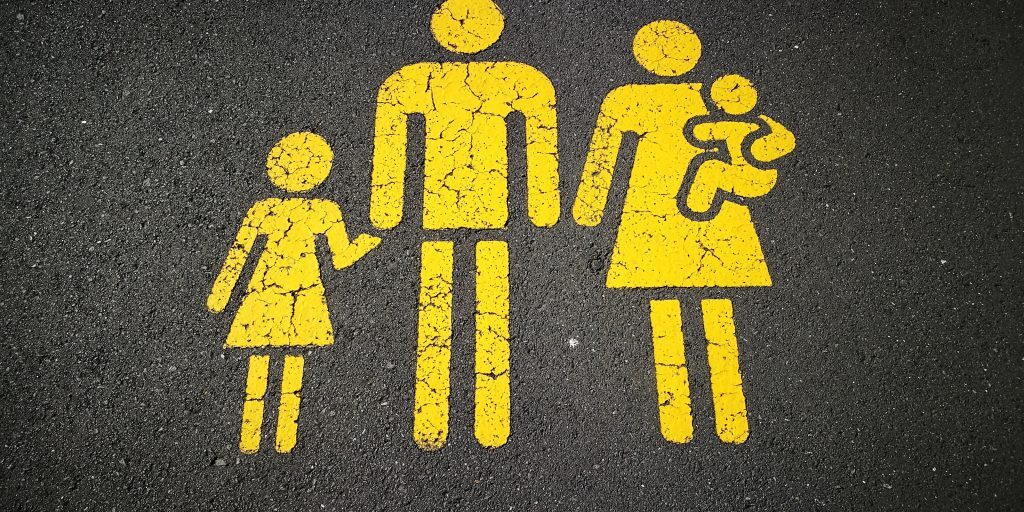By Lara Pickford-Gordon
Controversial provisions in the new Organisation of African, Caribbean and Pacific States (OACPS) and European Union agreement have prompted a call for postponement of the signing ceremony to be held on November 15 in Apia Samoa.
The inclusion of clauses delving into the country’s domestic and social affairs and introducing issues such as Sexual and Reproductive Health Rights-abortion, and LGBTQIA rights into countries had sparked outrage. Jamaica has withdrawn from signing the agreement tomorrow.
The US Christian lobbying organisation Family Watch International put out an “urgent alert” warning that in less than 24 hours 79 nations planned to sign “Abortion/CSE/Transgender/Sexual Rights Treaty with the European Union!” SIGN HERE TO STOP THE 79 NATIONS FROM SIGNING TREATY
Consultant with the Catholic Commission for Social Justice (CCSJ), Leela Ramdeen said there should be no signing “until all EU and African and Caribbean and Pacific countries feel equally respected in this agreement thereby ensuring that this agreement will not violate national sovereignty on health and education issues including sexual and reproductive health and rights and comprehensive sexuality education.”
In an interview today, Tuesday, November 14 Ramdeen said she has become aware of the news through the Family Watch organisation. “The idea is that it will be lucrative if we sign it because it is an economic treaty with economic benefits with funding from the European Union.”
Citing Family Watch International, Ramdeen highlighted that an economic treaty has been converted to a human rights treaty which will be binding for countries to implement. “They slipped in euphemistic terms to commit the treaty parties to support a global order and global governance with the UN [United Nations] at its core, mainstream gender equality, for example transgender equality, in all laws and policies without defining gender as male and female”.
Countries will have to cooperate with the UN human rights mechanism which she said encompassed abortion, sexual and transgender rights, and comprehensive sexuality education (CSE) and sexual rights for children.
Ramdeen noted the inclusion of ‘Sexual and Reproductive Health and Rights’ (SRHR) was a contested term that has been repeatedly rejected by countries including T&T. Ramdeen however, said after the treaty text was agreed in April 2021, the EU subsequently developed a definition for SRHR that includes abortion, gender identity, and sexual orientation rights.
She commented that the position taken by the EU in line with the UN will create a “superblock that will have a monopoly.” Ramdeen said treaty provisions will supersede national laws and agreements with other countries and by signing, we will be doing as FWI states,“we are giving up our national sovereignty to a council of ministers, co-chaired by the European Union that will have the power to make binding decisions to all those who sign this treaty.”
She referred to the UN Educational, Scientific and Cultural Organization (UNESCO)/UNAIDS ‘International Technical Guidance on Sexuality Education’ which mentions masturbation, sexual orientation, transphobia, and children having a right to sexual pleasure.
Ramdeen said for a long time the Catholic Church has been at the forefront alerting the State about opposition to the introduction of CSE in local schools. The 1961 Concordat prevents the introduction of any material in schools which is contrary to religious denomination schools. It states, “In denominational schools, no books or apparatus, to which the denominational authority formally objects, will be introduced or imposed”.
Ramdeen added, “There are more Catholics in State schools than in Catholic schools and we don’t want our children or any children in State schools to be exposed to the kind of CSE that is currently being promoted.”
Ramdeen said the foreign affairs minister in Jamaica has indicated that country will not be signing.
“We need to be alert to the fact that it is ongoing, it is relentless. As a sovereign State, we will not be allowed to do what we want if we or any of our Caribbean nations sign this treaty.”
Asked about the inclusion of social and domestic issues into treaties, Ramdeen said, “It is becoming more and more a trend where they try to entrench these issues in treaties and if countries do not ensure that the documents reflect the values they expouse, yet they go ahead and sign them, they will then be bound by the provisions once they raitfy the Agreement.”







